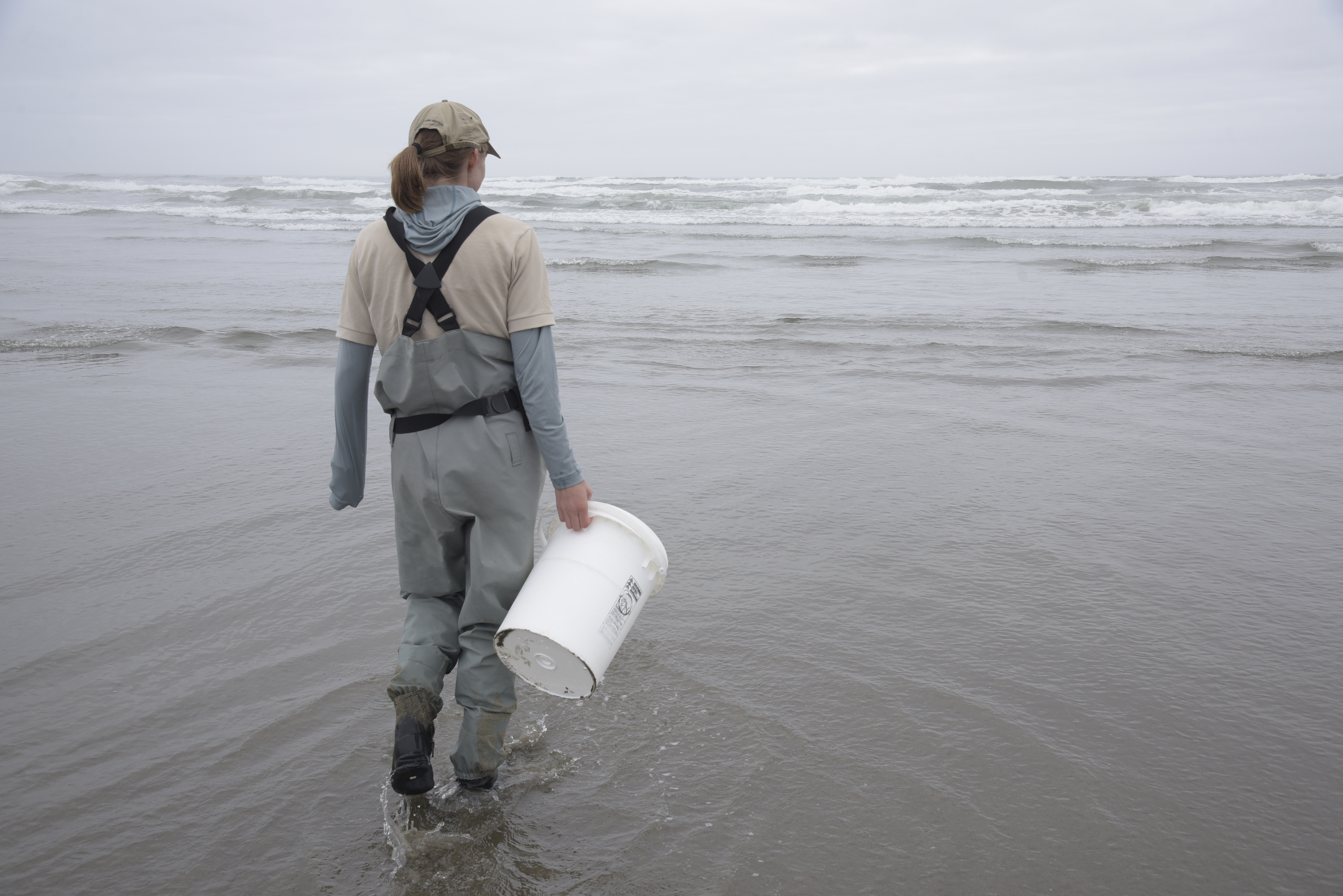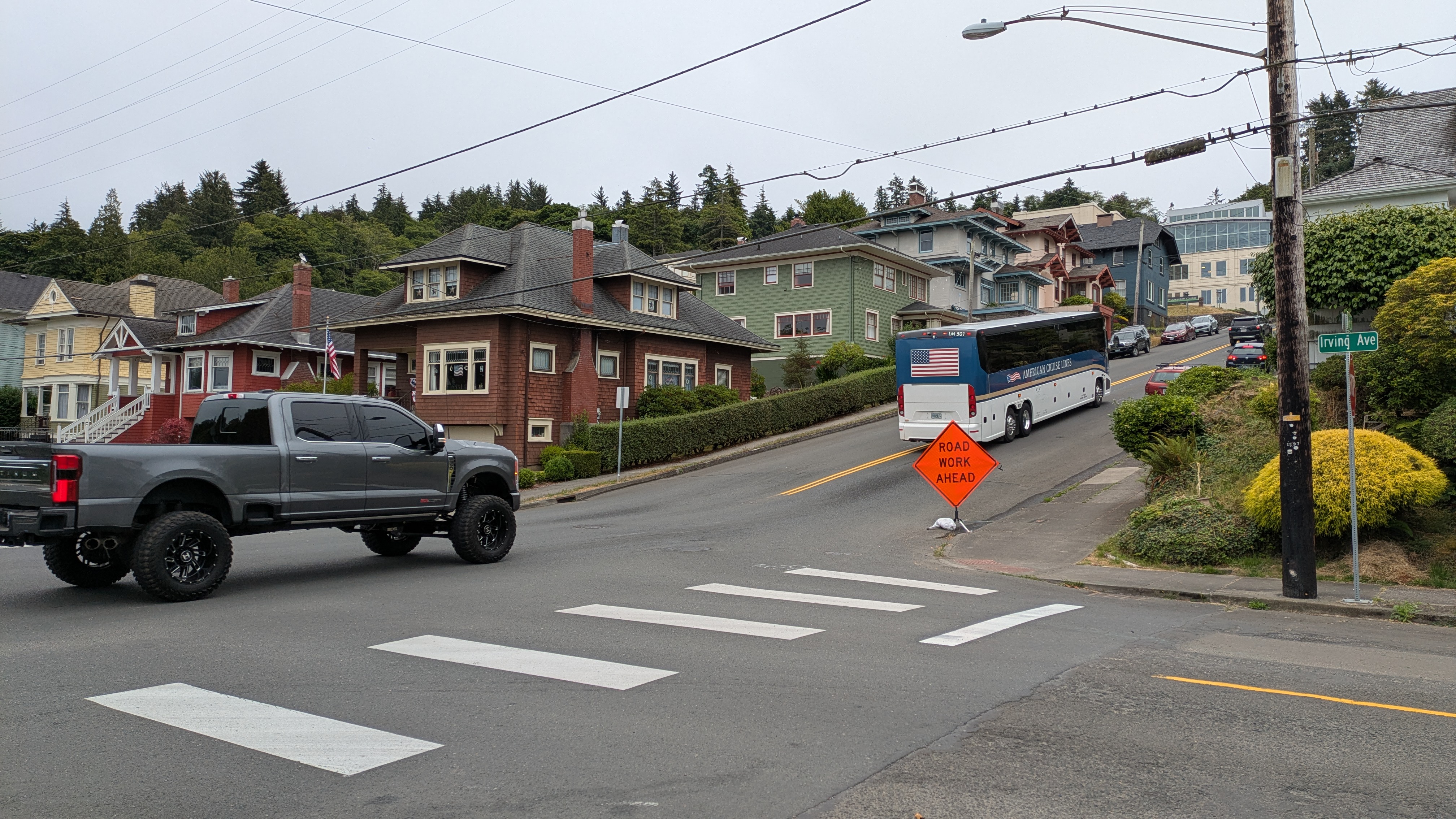Writer’s Notebook: Rooted in the work
Published 12:30 am Saturday, July 24, 2021

- Jonathan Williams
The county fair is a walk through the culmination of thousands of hours of labor. It shows the time, money and love local youth spent on their animals. It is also a preview of the future faces of the region’s agriculture community.
Trending
Growing up on the North Coast, I remember seeing friends at the fair proud of their livestock — the time they spent on them, the relationships they developed — but also bittersweet when it was time to say goodbye after the auction.
For centuries, the image of the farmer, alone, toiling in a field, herding cattle and tending to livestock with a pastoral sun ablaze above has dominated the cultural imagination.
Even now, you don’t have to look far for scenes on the farm. Last year, a campaign video from President Joe Biden featured farmworkers set to an upbeat rendition of “America the Beautiful.”
Trending
While the farmer remains a treasured national icon, small farmers need help. Some suffer from a lack of autonomy, barely break even and don’t have a succession plan.
Author Grace Olmstead tackles that and more in her smart, compelling book, “Uprooted: Recovering the Legacy of the Places We’ve Left Behind.”
While the North Coast has a stronger local food scene — farmers markets, direct-to-consumer sales and the new Astoria Food Hub — the question of keeping young people and attracting others who’ve gone away is just as prescient here.
Rootedness, what keeps some firmly in place and drives others to seek new opportunities, is the main focus of Olmstead’s book.
Set in the author’s hometown of Emmett, Idaho, a small town near Boise, Olmstead takes readers through the farming town’s boom and bust. She probes for answers to fix it, along the way telling the tale of farming’s decline in America and the emptying out of rural spaces.
Olmstead, who now works as a journalist and lives in Virginia, grew up in a family that devoted their life’s labor to the land. But things aren’t the same in Emmett. The roots that once held everything together aren’t as strong. Many who were raised there choose not to stay after graduating high school, and for those that do, farming isn’t as lucrative a career as it once was.
Olmstead is frank in admitting that nationally, not all believe small towns matter.
Today, less than 2% of Americans work on farms. A report from Boise State University estimated Treasure Valley, where Emmett is located, could lose between 59% and 64% of its farmland by 2100.
Through interviews and reporting, Olmstead shows the grit needed for farming. She writes of a family whose “dream required nursing sick cows and birthing calves in the middle of the night, tending crops in the sweltering summer heat, scrimping and saving every penny in order to keep the farm alive.”
It isn’t hard to see why so many families struggle with succession. And with that lack of planning comes a loss of knowledge in how to work with the land.
A farming counterculture is emerging, though. Organic farming, people rehabbing the land and creating community direct-to-consumer sales are reimaging what farming can be.
A need for creativity in solving farming’s myriad problems is clear.
Olmstead traces farming’s decline to the post-World War II pressures on farmers to mass produce in order to feed the world and the 1970s culture of getting big or getting out. She notes how rural towns are having their worth determined by corporations, leaving farmers barely breaking even and isolating them from their community.
While Idaho’s small farms have suffered, the state has grown. Olmstead writes that some state officials believe the population could increase by 200,000 residents by 2026. And with that has come suburban sprawl, pushing farmers off the land.
Olmstead offers some solutions. She argues that a new system should come about that allows farmers to fight monopolies and strengthens their community ties.
Farmers have a close kinship with the land. They are more in tune to it. They watch it change. Olmstead argues that for areas to thrive again and succession plans to work, farmers should have closer ties to young people.
But young people don’t just want a job; they want a community. Through local boards and societies, Olmstead argues, they can avoid the isolation that plagues too many farmers.
As the Class of 2034 enters kindergarten this fall, what will the agriculture opportunities be on the North Coast when they graduate?
The coast is a truly beautiful place to live. But that alone won’t keep young people here.
While not everyone wants to farm, strengthening ties in the agriculture community provides, as Olmstead makes clear, a continued future for local food.









